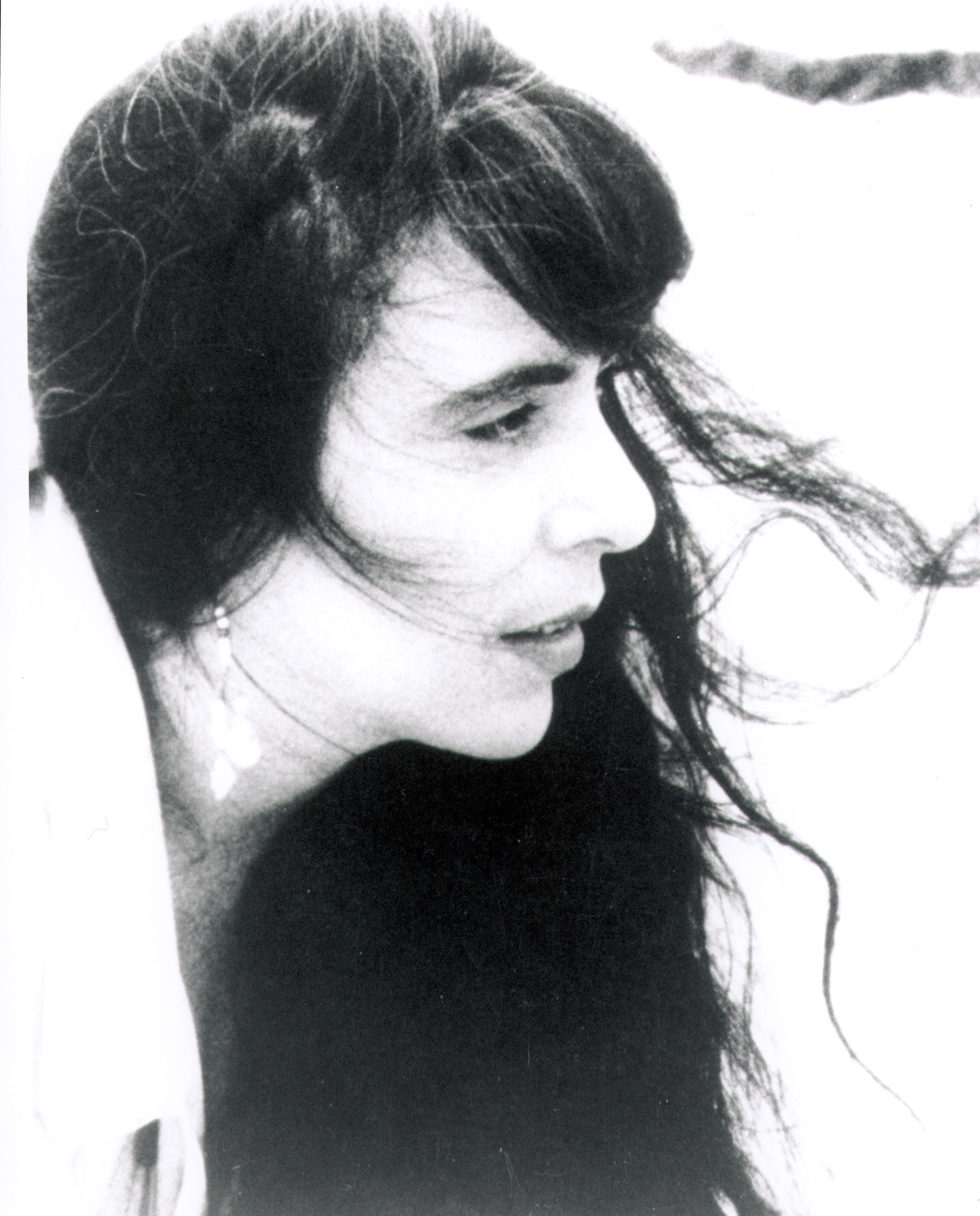Laura Nyro
Induction Category:
Arts & Humanities
Inducted:
2001
In 1997, musicians and fans alike mourned the loss of one of the country’s most talented and successful singer/songwriters when Laura Nyro passed away in her Danbury, Conn., home. At the age of 49, the poet-musician had lost her battle with ovarian cancer. Though young, Nyro had already left an indelible mark on the music industry.
Nyro was born Laura Nigro in the Bronx, N.Y., into a family with deep artistic roots, making it no surprise that Nyro proved herself a natural musician at a young age. Her father, Louis Nigro, was a professional jazz trumpeter and grew up playing an array of instruments with his brothers in their neighborhood park. Her mother, Gilda Mirsky Nigro, came from a family of respected visual artists with a fondness for music, and was a natural performer herself who enjoyed singing and acting. Although she was talented enough to earn the attention of representatives from Broadway, Gilda’s father, despite ascribing to other progressive ideologies, forbade his daughter from entering the world of performance. Gilda Nigro would later come to stand behind her daughter’s career path and, somewhat ironically, Nyro’s grandfather would also turn out to be one of her biggest supporters and influences.
Exposed to all of these influences early in childhood, Nyro did not hesitate to exercise her talents. Her family recalls that as a three-year-old, the future singer/songwriter found joy in humming, singing, and entertaining. At just eight years old, inspired by Billie Holiday and other music her mother would play for her, Nyro began writing her own songs. It was during her years as a student at Manhattan’s High School of Music and Art that, in a spirit that reflects her father’s park performances, the singer would take to the streets and subway stations to showcase her gifts.
By the early 1960s, Nyro had learned the piano and was gaining recognition. At the age of seventeen, she wrote her first hit, “And When I Die,” which was later recorded and catapulted to fame by groups such as Peter, Paul, and Mary, and Blood, Sweat, and Tears. By 1966, she released her debut album More Than A New Discovery on the Verve/Folkways label. She joined Columbia Records in 1968 and released Eli and the Thirteenth Confession, followed shortly thereafter by New York Tendaberry and Christmas and the Beads of Sweat. Her songs filled radio airwaves in the late 1960s and 1970s, but many of them became hits for other performing artists, including “Wedding Bell Blues” and “Stoned Soul Picnic,” recorded by The Fifth Dimension; “Eli’s Comin’” by Three Dog Night; and “Stoney End,” by Barbra Streisand. Nyro recorded several albums in the late 1970s and 1980s, including the live album Season of Lights in 1977, Nested in 1978, and Mother’s Spiritual in 1984.
Nyro’s fans praise the singer/songwriter for the soulful emotions behind her songs and performances. Described as a trailblazer and feminist by many, Nyro accepts these titles and offers credit to a few muses such as Pete Seeger, Joan Baez, and Bob Dylan. She explained, “I was always interested in the social consciousness of certain songs…I felt at home in the peace movement and the women’s movement, and that has influenced my music.” Today, many look at Nyro as a muse herself. Among other female musicians, Joni Mitchell acknowledges Nyro’s impact on her own work. One music critic even wrote that it was Nyro who “paved the way for the rise of the urban female singer-songwriter.”
Laura Nyro was inducted into the Rock & Roll Hall of Fame in 2012.
Born: 1947
Died: 1997
Town: Danbury
During This Time:
"I think if you have a vision of peace, it’s strange to live in a world of war. If you’re a woman who honors her roots, it’s strange to be in a male-dominated business."
-Laura Nyro


